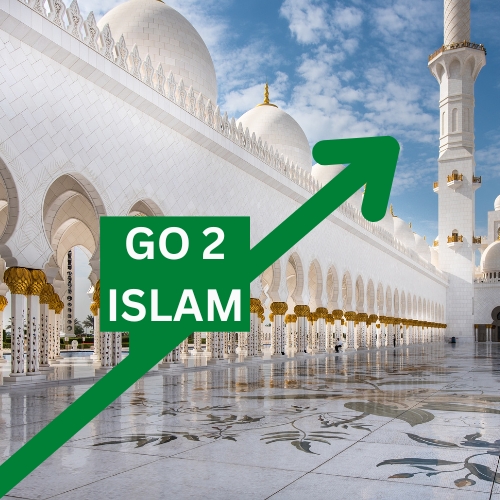The Quran is the holy scripture of Islam, believed by Muslims to be the word of God as revealed to the Prophet Muhammad over a period of 23 years. It is considered to be the final and complete revelation from God, superseding all previous revelations to earlier prophets, such as the Torah and the Gospel.
The Quran is a compilation of 114 chapters or Surahs, containing more than 6,000 verses, and it is written in classical Arabic. It covers a wide range of topics, including the oneness of God, the nature of humanity, morality, ethics, social justice, and the afterlife.
The Quran plays a central role in Islamic belief and practice. It is believed to be the ultimate source of guidance for Muslims, providing them with instructions on how to live a righteous and moral life. Muslims believe that the Quran contains a perfect and complete message from God, and that its teachings are applicable to all aspects of life.
Muslims believe that the Quran was revealed to Prophet Muhammad through the angel Gabriel, and that its words were directly dictated to him by God. The Quran is therefore considered to be a miraculous text, with its eloquence, clarity, and depth of meaning being seen as evidence of its divine origin.
Muslims recite the Quran in their daily prayers, and many Muslims make an effort to memorize the entire text, known as Hifz. Muslims also study the Quran in depth, seeking to understand its teachings and apply them to their daily lives.
In addition to its role as a source of guidance, the Quran is also seen as a source of spiritual and emotional comfort for Muslims. Its recitation is believed to have a calming and soothing effect, and many Muslims turn to it in times of hardship or distress.
Overall, the Quran is a central and essential part of Islamic belief and practice. It is seen as the ultimate source of guidance and a miraculous text that provides Muslims with a complete and perfect message from God. Its teachings continue to shape the beliefs and practices of Muslims around the world.

